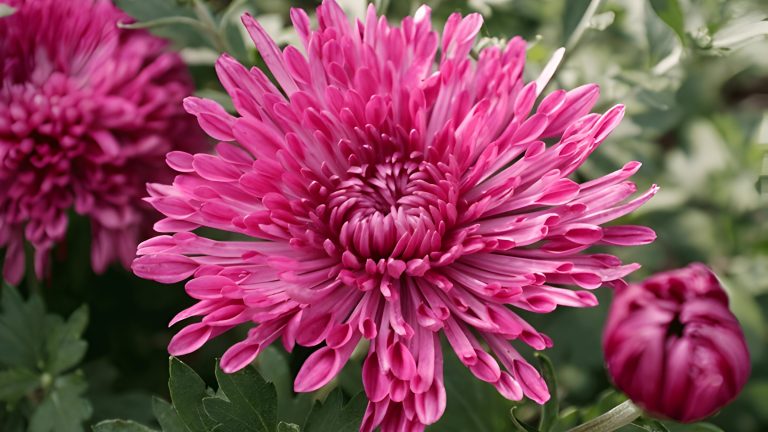The phrase “flower of death” conjures images of somber beauty and finality. Often associated with mourning and loss, these blooms carry deep cultural and emotional weight.
The Chrysanthemum: A Symbol of Sorrow
The chrysanthemum, often referred to as a mum, is a flower with a complex symbolism. While it represents joy and longevity in some cultures, it has taken on a somber meaning in many Western societies. Its association with funerals and mourning is so strong that it is often avoided as a gift outside of sorrowful occasions. The chrysanthemum’s delicate petals and diverse color palette, ranging from deep purple to pure white, contribute to its melancholic aura.
The White Lily: Innocence and Grief
The white lily is a timeless symbol of purity and innocence. Its elegant form and pristine color have made it a popular choice in religious and funerary ceremonies. However, beyond its connotations of purity, the white lily also carries a profound sense of loss and sorrow. Its association with death and mourning is deeply ingrained in many cultures, making it a poignant floral tribute to the departed.
The Gladiolus: Strength in Sorrow
The gladiolus, with its tall, sword-like leaves and striking flower spikes, is a symbol of strength and character. Its upright posture conveys a sense of resilience, making it a fitting choice for those facing adversity. However, the gladiolus also carries a more somber meaning, representing remembrance and loss. Its vibrant colors, from soft pink to deep red, offer a striking contrast to the grief it symbolizes.
The Carnation: Love and Loss
The carnation is a flower with multifaceted symbolism. While red carnations are synonymous with love and passion, white carnations hold a different significance. Associated with purity and innocence, white carnations also carry connotations of death and mourning. Their delicate petals and soft fragrance create a sense of both beauty and sorrow, making them a complex and evocative floral choice.
The Black Rose: A Symbol of Finality
The black rose is a rare and mysterious flower, often associated with death and farewell. While natural black roses are exceedingly uncommon, artificial dyeing techniques have made them more accessible. The black rose’s dark beauty represents the finality of loss and the enduring nature of grief. Its somber elegance sets it apart from other flowers of mourning, making it a powerful and evocative symbol of sorrow.
The Cultural Significance of Funeral Flowers
The choice of flowers for funerals is deeply rooted in cultural traditions and personal beliefs. They serve as a visual expression of grief and a way to honor the departed. In many cultures, specific flowers are chosen for their symbolic meaning, while in others, the focus is on creating a beautiful and comforting display.
The Emotional Impact of the Flower of Death
The flower of death can evoke a range of emotions, from sadness and loss to peace and acceptance. These blooms serve as powerful reminders of life’s fragility and the importance of cherishing loved ones.
Would you like to explore the symbolism of the flower of death in a specific culture or time period? Or perhaps delve into the emotional impact of these flowers on individuals and communities?

